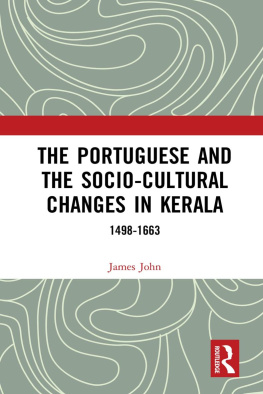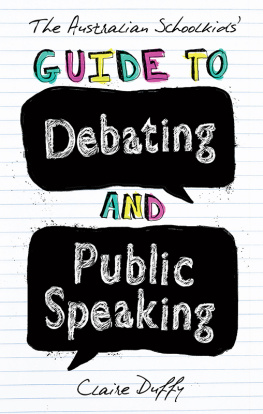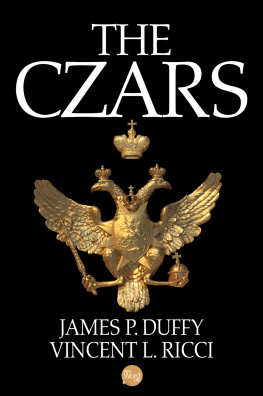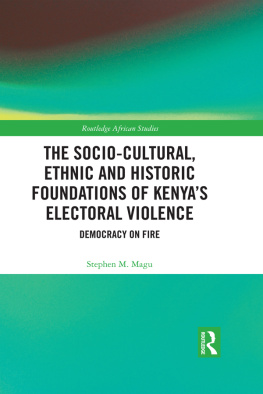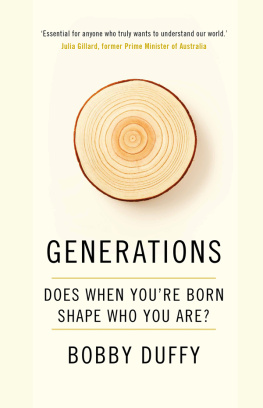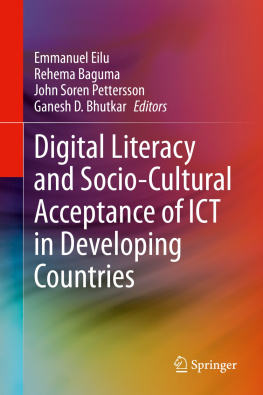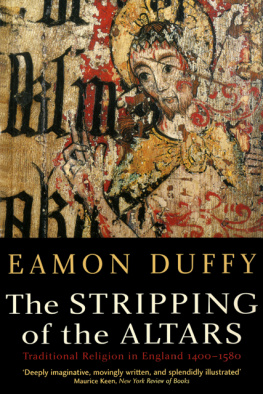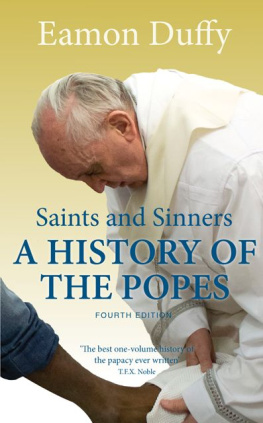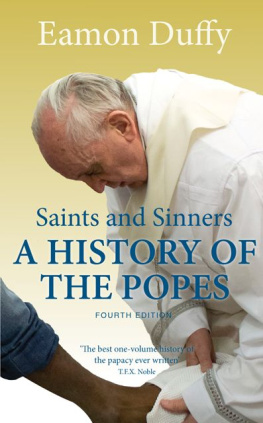DICTATORSHIP AS EXPERIENCE
DICTATORSHIP AS EXPERIENCE
TOWARDS A SOCIOCULTURAL HISTORY
OF THE GDR
Edited by Konrad H. Jarausch
Translated by Eve Duffy

First published in 1999 by
Berghahn Books
www.berghahnbooks.com
Reprinted in 2004, 2006, 2009
1999, 2004, 2006, 2009 Konrad H. Jarausch
All rights reserved.
No part of this publication may be reproduced in any form or by any
means without the written permission of Berghahn Books.
Library of Congress Cataloging-in-Publication Data
Dictatorship as experience: towards a socio-cultural history of the GDR
/ edited by Konrad H. Jarausch and translated by Eve Duffy.
p. cm.
The essays in this collection originated in a conference on The GDRa modern dictatorship? held in Potsdam, December 1997
Includes bibliographical references and index.
ISBN-978-1-57181-181-3 (hardback)
ISBN-978-1-57181-182-0 (paperback)
1. DictatorshipGermany (East) Congresses. 2. CommunismGermany (East)History Congresses. 3. Germany (East)Social conditions Congresses. 4. Germany (East)Social policy Congresses. 5. Political cultureGermany (East) Congresses. I. Jarausch, Konrad Hugo.
DD283.D54 1999
943.1087dc 21
99-35667
CIP
British Library Cataloguing in Publication Data
A catalogue record for this book is available from the British Library.
Printed in the United States on acid-free paper.

CONTENTS
Konrad H. Jarausch
Jrgen Kocka
Detlef Pollack
Konrad H. Jarausch
Jochen Laufer
Michael Lemke
Mario Keler and Thomas Klein
Thomas Lindenberger
Burghard Ciesla and Patrice G. Poutrus
Leonore Ansorg and Renate Hrtgen
Dagmar Langenhan and Sabine Ro
Martin Sabrow
Simone Barck, Christoph Classen and Thomas Heimann
Sylvia Kltzer and Siegfried Lokatis
Arnd Bauerkmper and Jrgen Danyel
Peter Hbner
Dorothee Wierling
Monika Kaiser
Ralph Jessen
Christoph Klemann

PREFACE
This volume presents to an English-speaking public some of the recent, increasingly sophisticated work on the GDR, conducted at the Zentrum fr Zeithistorische Forschung. Growing out of the Forschungsschwerpunkt Zeithistorische Studien, this Center for Research on Contemporary History was founded in 1996, partly as a home for scholars of the former GDR Academy of Sciences whose projects had been evaluated positively and partly as a spur to interdisciplinary innovation in the humanities and social sciences within the united Germany. Initially the institute proved highly controversial, since East German dissidents and West German Cold Warriors claimed that historians who had been active in the previous regime ought to be barred on moral and scholarly grounds, while Eastern postcommunists and Western radicals resented its probing analyses of the flaws in real existing socialism (see also Mary Fulbrook, New Historikerstreit, Missed Opportunity, or New Beginning? German History 12 [1994]: 203-7). Under its founding director Jrgen Kocka and his successor Christoph Klemann as well as myself, the ZZF has tried hard to develop an intermediary line of interpretation that would analyze the dictatorial character of the GDR comparatively, but at the same time acknowledge some of the normalcy of daily lives in the SED state.
The essays in this collection originated in a conference on The GDR A Modern Dictatorship? held in Potsdam during early December of 1997 (see Anette Weinke, Eine moderne Diktatur? Jahrestagung des ZZF Deutschland Archiv 31 [1998]: 461-64). To advance the theoretical discussion beyond the totalitarianism paradigm M. Rainer Lepsius contributed a preview of his study of the GDR bureaucracy, Juan Linz commented on post-totalitarianism based on his book on democratic transition and Klaus von Beyme provided an overview of Stalinism in Eastern Europe (published in the Potsdamer Bulletin fr Zeithistorische Studien 13 [July 1998]: 8-22). The symposium also centered on the presentation of new empirical studies from the ZZFs four research projects on Sovietization, the transformation of elites, the interplay of repression and self-assertion in ordinary lives and finally the role of history in legitimizing the regime. In order to include a broad selection of works within a limited space, some authors have graciously combined their efforts in a joint text. As session chairs Sigrid Meuschel, Hans-Gnter Hockerts, Adelheid von Saldern, and Manfred Grtemaker and as concluding panelists Inga Markovits, Dietrich Mhlberg, Joachim Petzold, Peter Steinbach, Rdiger Thomas and Heinrich August Winkler contributed to a spirited discussion. Christa Schneider of the organizational staff of the institute, Eve Duffy as translator of many of the texts, Rosalie Radcliffe as their copyeditor and Cora Granata who prepared the index also deserve the warmest thanks.
This collection also hopes to provide fresh research impulses and interpretative direction for the rapidly expanding Anglo-American discussion of the GDR. Through the accessibility of its records and the political controversies surrounding its legacy, the second German dictatorship has become a popular subject, especially for dissertations, some of which are unfortunately directed by scholars who themselves have not been able to work on East German materials. An impressive body of English-speaking work is overcoming the polarization of Cold War stereotypes and utopian sympathies through methodological innovation, comparative perspective and political openness. But sometimes outside researchers need further guidance on the complicated internal German discussions, arcane structures of the GDR, or the indecipherable prose of the SED. Both the members of the ZZF and its many Anglo-American guests such as Mitchell Ash, Mary Fulbrook, Georg G. Iggers, Charles S. Maier, Voitech Mastny, Norman Naimark, and Eric Weitz, just to mention a few of the established scholars, have therefore benefited from interacting with each other. Reflecting my own involvement in both academic cultures, this volume is an effort to strengthen this transatlantic working relationship by encouraging especially younger scholars to look to the Center for consultation and support.
Potsdam and Chapel Hill,
September 1998
Konrad H. Jarausch

LIST OF ABBREVIATIONS
ABF | Workers and Peasant Faculties |
ABV | Police Section Commissioner |
CDU | Christian Democratic Union |
COMECON | Council for Mutual Economic Assistance |
COMINFORM | Communist International |
CPSU | Communist Party of the Soviet Union |
DEFA | German Film Studio |
DSF |
Next page

